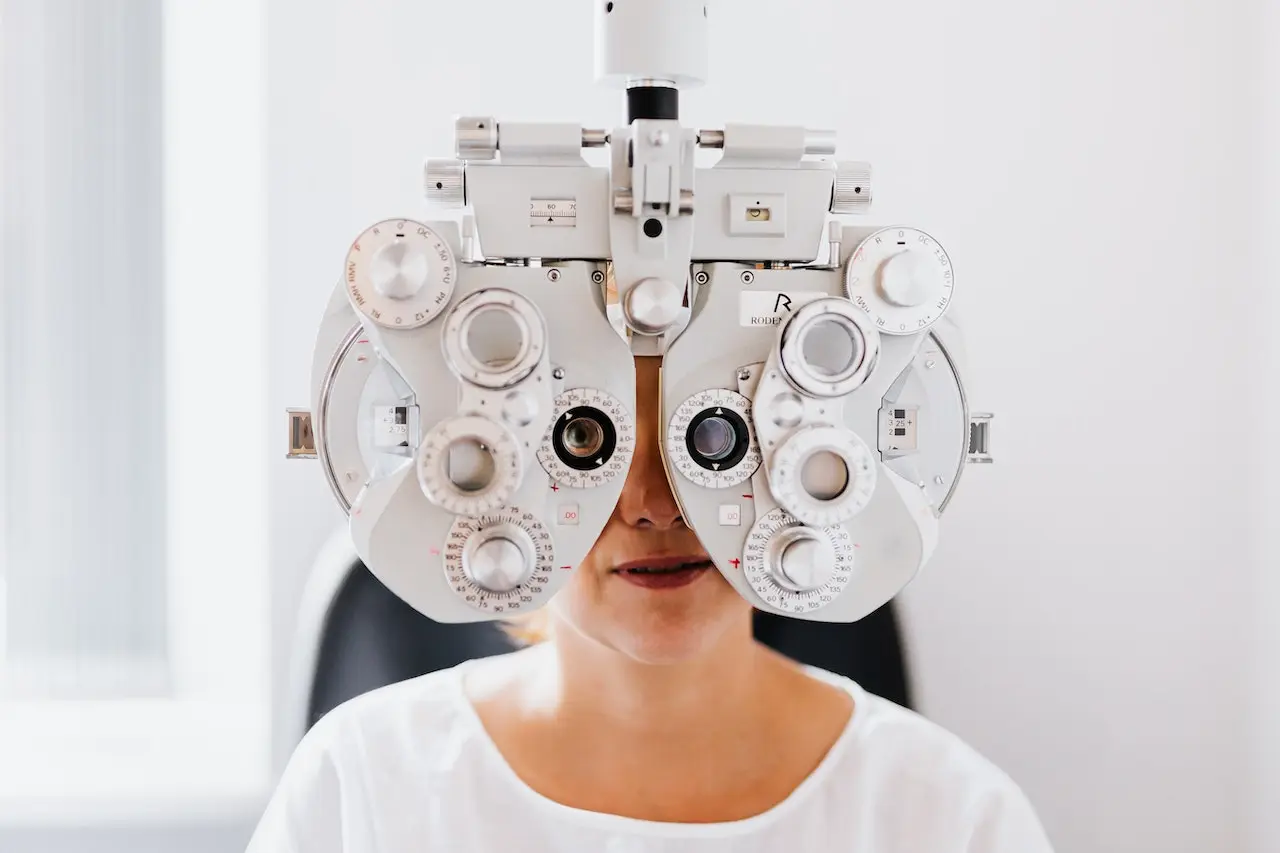Ophthalmologist Malpractice in South Carolina: Legal Considerations

In the realm of healthcare, our trust in medical professionals is paramount, especially when it comes to specialists like ophthalmologists tasked with preserving our precious eyesight. While instances of malpractice are rare, they can have profound consequences. This blog aims to provide insights into the legal considerations surrounding ophthalmologist malpractice in South Carolina, focusing on understanding the nuances rather than promoting legal services.
The Crucial Role of Ophthalmologists
Ophthalmologists are dedicated to the diagnosis, treatment, and surgical intervention for various eye conditions. From cataract surgeries to intricate procedures addressing retinal disorders, their expertise is instrumental in maintaining and restoring vision. However, when negligence occurs, it’s imperative to understand the legal avenues available to those affected.
Key Legal Considerations
Establishing Medical Malpractice
Proving ophthalmologist malpractice hinges on demonstrating that the care provided fell below the accepted medical standards, resulting in harm to the patient. This involves establishing a breach of duty, causation, and damages.
Common Forms of Ophthalmologist Malpractice
- Surgical Errors: Surgical procedures involving the eyes demand precision. Errors such as incorrect incisions, lens implantation mistakes, or inadequate post-operative care can lead to serious complications.
- Misdiagnosis or Delayed Diagnosis: Timely diagnosis is critical in addressing eye conditions. Delays or misdiagnoses may result in irreversible damage, especially in cases of glaucoma, macular degeneration, or diabetic retinopathy.
Informed Consent
Ophthalmologists, like all medical professionals, are obligated to obtain informed consent before any procedure. Failure to adequately inform patients about potential risks and alternatives may lead to legal implications.
Statute of Limitations
South Carolina has a statute of limitations for medical malpractice claims. It’s crucial for potential plaintiffs to be aware of these limitations and take timely action within the specified period.
Expert Witnesses
Medical malpractice cases often require expert testimony to establish the standard of care and to demonstrate how the ophthalmologist deviated from it.
Seeking Legal Recourse
If you believe you have been a victim of ophthalmologist malpractice in South Carolina, it’s essential to consider the following steps:
- Document the Incident: Keep detailed records of your medical treatment, including dates, procedures, and any communication with the ophthalmologist.
- Consult with Another Ophthalmologist: Seek a second opinion from a different ophthalmologist to assess the extent of the harm caused and the potential for corrective measures.
- Legal Consultation: Reach out to an attorney specializing in medical malpractice to discuss the specifics of your case. They can provide guidance on the viability of a legal claim.
Conclusion
Ophthalmologist malpractice, though infrequent, can have severe consequences for patients and their vision. Understanding the legal considerations and taking informed steps is crucial for those seeking justice. By shedding light on these aspects, we aim to empower individuals to navigate the complexities of ophthalmologist malpractice in South Carolina with knowledge and clarity. Remember, the pursuit of justice not only serves the individual but also contributes to the overall improvement of patient care standards in ophthalmology.

